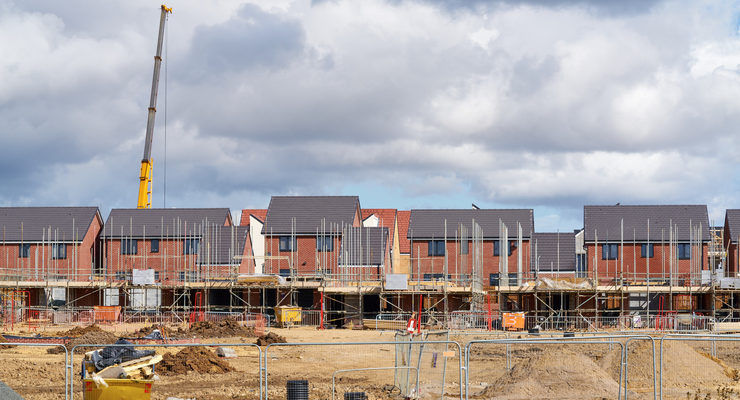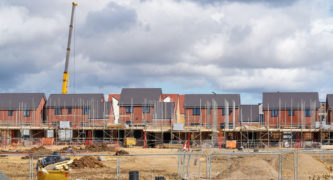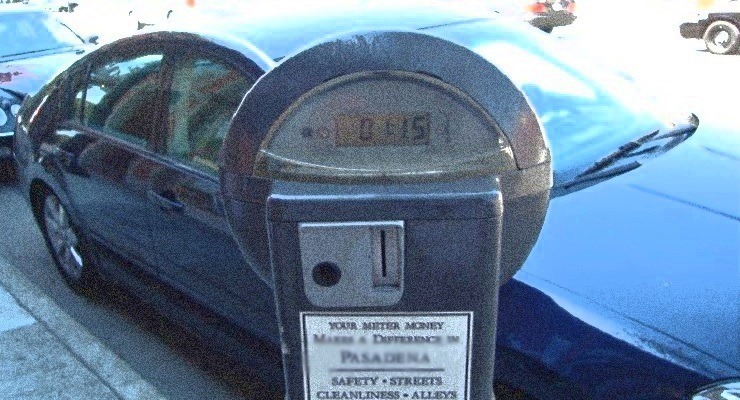
In an appeal of housing goals heaped upon the city by the Southern California Association of Governments (SCAG), Pasadena officials plan to request 2,047 housing units be removed from the city’s allocation.
According to the California Department of Housing and Community Development (HCD), by 2029 the city must build 9,409 housing units, including 2,379 very-low-income units, 1,659 low-income units, 1,562 moderate-income units, and 3,449 above-moderate-income units.
The appeal, which must be filed by Monday, will be the first item taken up at Monday’s City Council meeting.
The number of housing units being required by SCAG is determined through the Regional Housing Needs Assessment (RHNA). HCD determines the share of the state’s housing need for each region based on population projections. SCAG allocates each local jurisdiction its own share of the regional housing need.
According to the City Council and other cities across L.A. County, the numbers are impossible to achieve.
Pasadena has zoning laws in place to plan for meeting the projected benchmark. But Senate Bill 35, which became law in 2018, allows developers to skip parts of the city’s development process and overrides zoning laws depending on how far jurisdictions fall short in their RHNA numbers.
Every eight years, the fair-share assignment has been determined through the RHNA. In the last cycle, the city only hit the threshold for the above-moderate-income threshold of housing units, which was 561.
The city’s appeal will be based on the methodology used to determine Pasadena’s allocation and the changed circumstances regarding the housing needs of a private university, Fuller Theological Seminary.
Fuller has made the decision to not provide any additional housing, as authorized by its Master Plan, and accounted for in growth projections for local housing needs.
“SCAG failed to determine the City of Pasadena’s share of the regional housing need in accordance with the information described in the Final RHNA Methodology established and approved by SCAG, and in a manner that does not further and does undermine three of the five objectives of the RHNA process,” according to an agenda staff report.
The appeal claims:
-
The methodology was applied in a manner that results in an inequitable distribution of housing throughout the region, inadequately accounts for past practices of certain cities in the San Gabriel Valley to meet existing housing demand, and fails to recognize Pasadena’s past and ongoing substantial efforts to produce housing, and affordable housing in particular.
-
Application of the methodology results in the redistribution of RHNA units from disadvantaged communities throughout Los Angeles County to cities in the San Gabriel Valley in a manner that runs counter to three key objectives of the RHNA and SCAG’s Regional Transportation Plan/Sustainable Communities Strategy to achieve jobs/housing balance, to reduce vehicle miles traveled, and to attain greenhouse gas reduction targets established by the state.
-
And the local change in circumstances due to local changed circumstances need to be accounted for in the RHNA process. Specifically, since April 30 (the date established by SCAG for provision of data from SCAG jurisdictions).
Winning an appeal is extremely unlikely. Appeals cannot be granted based on a local jurisdiction’s existing zoning ordinance and land-use restrictions, local ordinances, policies, voter-approved measures or standards limiting residential development, or prior underproduction of housing in a jurisdiction from the previous regional housing need allocation.
Several other cities, including West Hollywood, have also announced their plans to appeal.
But even if a city is successful in appealing the amount of housing being required, the numbers removed from the city’s allotment would be added to another city’s allocation, which means Pasadena’s already-excessive allocation could increase.
Oct. 26 is also the last day an appeal can be filed, which means the appeal will have to be turned in immediately after the council approves it.
Following the conclusion of the filing period, all jurisdictions will be notified by SCAG of all appeals filed. Per state law, jurisdictions and the state Department of Housing and Community Development will have 45 days to comment on filed appeals.
Within 30 days of the end of the appeal comment period, SCAG must conduct public hearings to hear all filed appeals. The hearing body will be an RHNA subcommittee, known as the RHNA appeals board. All decisions made by the appeals board will be considered final and not reviewed by any other SCAG committee or the regional council.
“These arguments, detailed in the RHNA appeals form, warrant the reduction in Pasadena’s RHNA by 2,047 units, resulting in a total RHNA of 7,362 units,” according to the staff report. “This request will be stated on the appeal form required by SCAG.”














 0 comments
0 comments


